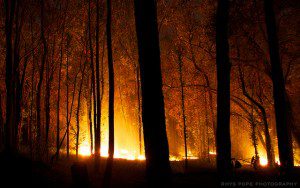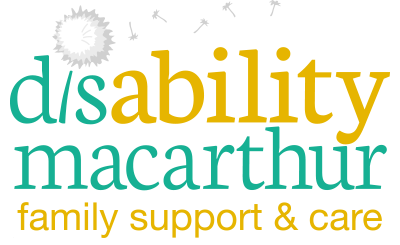
This month’s Sydney storms and the threat of the potential for a serious bushfire season send a stark warning to Australians to ensure they have current and adequate insurance coverage.
With research showing that around 48 per cent of Australians are either uninsured or without insurance, thousands of households are at risk of suffering significant financial losses in the event of a natural disaster. A further 26 per cent of small businesses have no insurance at all.
To improve the resilience of Australians in the event of a disaster, the non-profit Know Risk Network is encouraging households and businesses to review their insurance coverage to soften the financial impact of a major catastrophe this summer.
“Across all areas, Australia is recognised as one of the most underinsured countries in the developed world. Recent history shows that with our exposure to natural disaster risks, this simply doesn’t make sense,” said Know Risk Network spokesman, Thomas Wills.
“If you couldn’t afford to rebuild your home or replace its contents, you need to see insurance as an important part of protecting yourself from the risks you face, which means ensuring that you have enough coverage and that it’s up to date. This is in addition to undertaking practical risk management to put you in the best position to withstand a catastrophe like a bushfire or cyclone.”
In order to ensure households are adequately insured, Know Risk advises home owners to:
1. Check what you’re insured for. If you’ve bought anything of value, installed a pool, shed or other addition or renovated your home, your property may have increased in value and you may need to update your policy.
2. Consider if building costs rise quickly in your area. Factor changes to building codes when discussing your level of cover with your broker or insurer.
3. Make sure you policy is current. Too many are expired when disaster strikes.
4. Have your insurers’ details in your phone. Many people’s claims are held up after a disaster because they don’t know who they’re insured with.
5. Keep a copy of your policy and evidence of your valuables off site. Not having proof of your possessions can cause major headaches.



